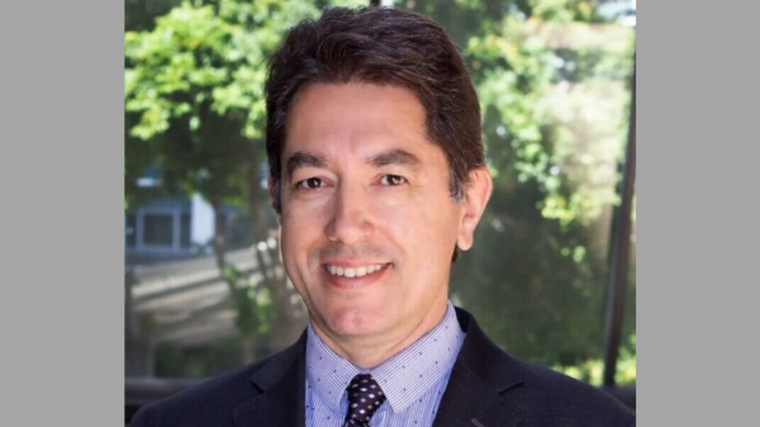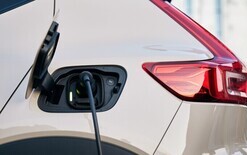Charging to cut congestion

Making yourself one of the least popular people in the city is just part of the job for Auckland Council lead transport adviser Michael Roth.
He’s working on congestion charging for New Zealand’s largest city and knows it will be a hard sell, but he’s convinced time of use (ToU) schemes will be embraced as communities increasingly understand their benefits.
“Auckland as we know it today was only formed in 2010, so it’s a young city that is still maturing,” he told T-Tech 2025 at the University of Auckland.
“The mess that is our roads did not happen overnight, and it won’t be fixed that way either.
“But ToU is going to be a valuable tool to reducing the congestion we all know costs communities and businesses millions of dollars every year and does who knows how much psychological damage to stranded commuters.
“What we know is that in every city that has implemented ToU it has been successful.
“But it will not be accepted without opposition or question. There is a lot of work to do before any introduction in Auckland. We know that although the concept was widely supported during consultation with communities, that will change as the costs to individuals become clearer.
“We remain confident though that the support will return as people begin to understand the benefits it will deliver too.”
Roth, pictured, spoke on the opening day of T-Tech 2025, a two-day event hosted by Intelligent Transport Systems NZ from July 9-10.
ToU charging is favoured by Auckland Mayor Wayne Brown, who earlier the same day told attendees it would be useful in addressing the unreliability of the motorway network. “You can take 30 minutes to drive from Papakura to the city, but you can also take 90, and that means you always plan for the worst,” he said.
“We are already seeing gains at the Port of Auckland, where the charges to pick up containers are higher during peak times, and lower outside of them.
“But people need to be incentivised to use other modes too, and our public transport weekly fees have been capped at $50. I challenge anyone to commute to the city and park for over a week.”
As a fan of low-cost solutions, Brown said tolls and ToU would always be cheaper than tunnels and more roads. “We are always interested in working with those who can innovate, and technology is a major driver of that.”





